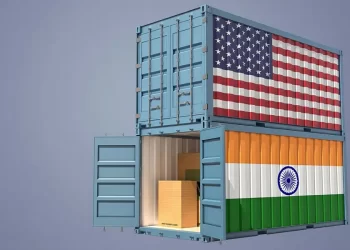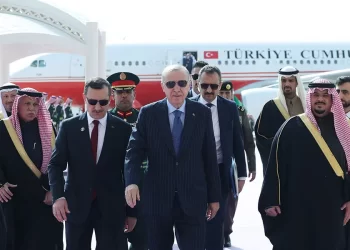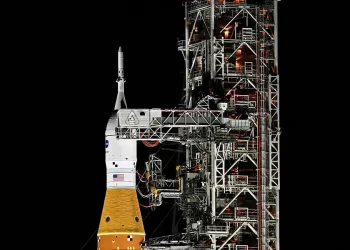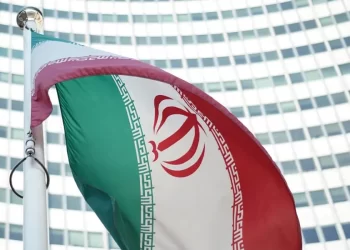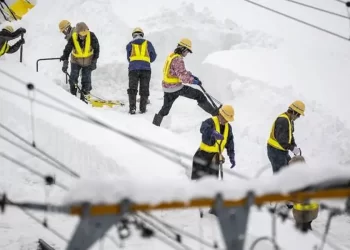The majority of Venezuelans are religious — just like parts of the country’s political history.
But as they prepare for the upcoming presidential election, it’s hard to say exactly how religious Venezuelans are and what specifically they believe. The government has not released official figures in more than a decade. Most estimates provided by researchers and academics are reached through projections and field work.
Though religion has not played a key role during the 2024 presidential race, it is notable that voters will have a chance to cast their July 28 ballot for Javier Bertucci, an evangelical pastor and the clear underdog. Or they can re-elect President Nicolás Maduro, the most likely winner, for a third six-year term.
Here is a look at the religious landscape in the South American country.
The constitution guarantees freedom of religion and dictates that everyone has the right to express their beliefs on the condition that its practice does not violate public morality, decency or public order.
Religious groups say they generally enjoy freedom of religion or belief so long as they refrain from criticizing Maduro-aligned figures or policies. Representatives of Venezuela’s conference of Catholic bishops and the Evangelical Council of Venezuela contend that Maduro supporters continue to verbally harass clergy and other members of their religious communities for calling attention to the country’s humanitarian crisis and other criticisms of Maduro.
All agree: Venezuelans are mostly Catholic.
The U.S. State Department’s 2023 report on religious freedom cites official estimates that 96% of the Venezuelan population is Catholic, but says that may not reflect recent growth of evangelicals and people who are religiously unaffiliated.
Locally, one of the most recent demographic assessments was led by the Andrés Bello Catholic University in 2016.
Enrique Alí González, a sociologist who compared the university’s data with his field work, estimates that the current religious affiliation would be as follows: Catholics 82%-84%, Evangelicals 10%-12%, Santeria believers 1.5%-2% and atheists 1%. Jehovah’s Witnesses, Muslims, Bahá’í and other minorities would make up the remaining percentage.
According to Alí González, the biggest evangelical communities are located in the state of Apure, while Santeria has the largest presence in Caracas.
Additionally, he said, some Venezuelans participate in two religions, for example, devotees of the spiritualist deity María Lionza who are also Catholic.
Some media reports have claimed that spiritualism has gained strength due to the crisis, but, according to sociologist Hugo Pérez Hernaíz, no data is available to support this claim.
“There has always been a very strong substrate of popular religiosity in Venezuela,” Pérez Hernaíz said. “What is commonly referred to as Santería is, in fact, a range of popular spiritualities that blend with more formal religious expressions, such as Catholicism.”
What Pérez Hernaíz and fellow researchers have noticed, though, is that the number of evangelicals has increased in recent years. But without official records it is impossible to specify how much.
There are several examples. In 2013, when his presidential campaign had just started, Maduro said a bird appeared while praying alone in a chapel. He said it was the late President Hugo Chávez, giving him his blessing.
Venezuelans and academics saw it as Maduro emulating Chávez, who embraced spiritualism to distance himself from the Catholic Church, like his predecessors.
In the 19th century, President Antonio Guzmán tried to replace Catholicism with Freemasonry and Protestantism, Alí González said. In the mid-1940s, a socialist political branch prevented the Catholic Church from providing religious education.
Decades later, Chávez promoted a “divinization” or “human cult” toward himself, Alí Gónzalez said. He also allied himself with evangelical sectors.
“Chávez was the first president of the 20th century who had the idea of contesting religious hegemony by creating a moral redirection to socialism,” Alí Gónzalez said.


